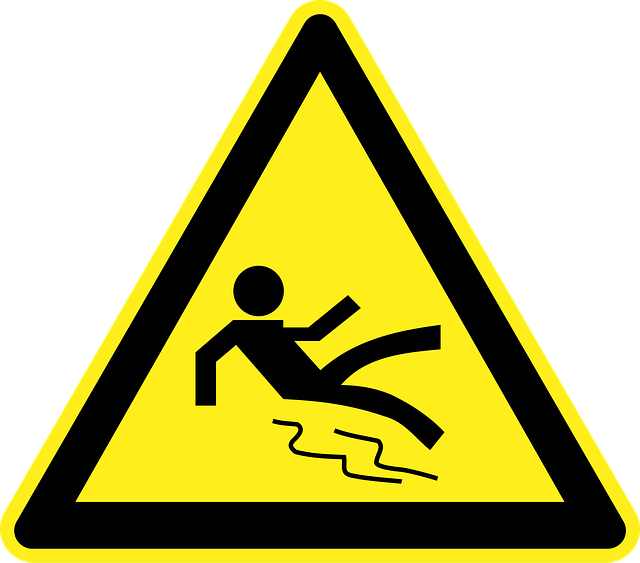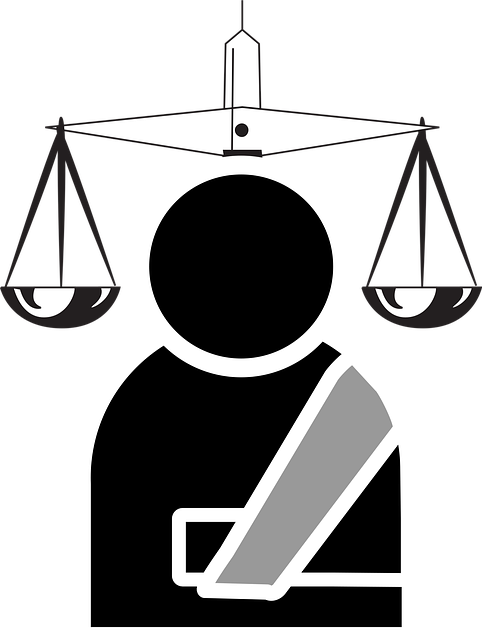In Oregon criminal cases, successful defense hinges on minimizing critical mistakes. These include miscommunication between clients and attorneys, leading to broken trust. Inadequate evidence investigation and analysis can result in missed details and misinterpretations. Failing to challenge improper evidence carries severe risks of wrongful convictions. Strategic errors during jury selection and argument can skew trial outcomes. Managing time-sensitive deadlines is crucial; oversights lead to detrimental consequences for defendants. Addressing these common defense errors requires open communication, meticulous planning, and skilled legal counsel.
In Oregon criminal defense, navigating complex legal landscapes requires meticulous attention to detail. Despite experienced advocates, common defense errors can significantly impact case outcomes. This article sheds light on five typical mistakes: miscommunication between client and attorney, inadequate investigation and proof analysis, failure to challenge improper evidence, strategic blunders in jury selection and argument, and missed time-sensitive deadlines. Understanding these pitfalls empowers defenders to enhance their practices and secure more favorable results for clients.
- Miscommunication Between Client and Attorney
- Inadequate Investigation and Proof Analysis
- Failure to Challenge Improper Evidence
- Strategic Mistakes in Jury Selection and Argument
- Time-Sensitive Deadlines Missed or Mismanaged
Miscommunication Between Client and Attorney

In Oregon criminal defense cases, one of the most prevalent and avoidable mistakes is miscommunication between the client and attorney. This can lead to a breakdown in trust and effective representation. Many clients struggle to convey their desired strategies, expectations, or relevant details about their case due to language barriers, legal jargon, or simply not feeling heard. As a result, attorneys might misinterpret the client’s wishes, causing delays or missteps in the defense plan.
To prevent this common defense error, open and honest communication is key. Clients should feel comfortable discussing their concerns, goals, and any limitations they perceive in the case. Regular meetings, clear explanations of legal concepts, and active listening by the attorney can significantly reduce miscommunication. This ensures that both parties work together seamlessly, ultimately strengthening the criminal defense strategy.
Inadequate Investigation and Proof Analysis

In Oregon criminal defense cases, one of the most prevalent and avoidable errors is inadequate investigation and proof analysis. Defense attorneys often rush to file a case without thoroughly examining the evidence against their client. This can lead to crucial details being overlooked or misconstrued, significantly impacting the outcome of the trial. A meticulous review of physical evidence, witness statements, and police reports is essential to building a robust defense strategy.
Common defense errors in this regard include failing to challenge inadmissible evidence, misinterpreting forensic results, and neglecting to investigate potential alibis or exculpatory witnesses. Such oversights can weaken the defendant’s case, making it easier for prosecutors to secure a conviction. Therefore, Oregon defendants require counsel who are not just well-versed in the law but also skilled in thoroughly examining and presenting evidence.
Failure to Challenge Improper Evidence

In Oregon criminal defense cases, one of the most typical and avoidable errors is the failure to challenge improper evidence. Defense attorneys have a duty to scrutinize every piece of evidence presented by the prosecution to ensure its admissibility and reliability. Failure to do so can lead to prejudiced judgments against the defendant. Improper evidence may include those obtained through illegal searches and seizures, coerced confessions, or without proper authentication. When such evidence slips through the cracks, it can significantly damage the defendant’s case, often with irreversible consequences.
This oversight is particularly dangerous given the high stakes involved in criminal cases. Common defense errors like these can result in wrongful convictions, prolonged imprisonment, and lasting damage to the defendant’s reputation. To prevent such outcomes, attorneys must remain vigilant and proactive in challenging every aspect of the prosecution’s case, ensuring that only admissible and credible evidence reaches the jury.
Strategic Mistakes in Jury Selection and Argument

In Oregon criminal defense cases, strategic mistakes during jury selection and argument can significantly impact the outcome. Common defense errors in this area include failing to properly vet potential jurors, leading to biased or unqualified individuals serving on the panel. This oversight can result in a trial that doesn’t truly represent the community, potentially swaying the jury’s decision.
Additionally, ineffective opening and closing statements are another common mistake. Lawyers who fail to craft compelling narratives, present clear arguments, or address key evidence risk losing the jury’s attention and trust. These strategic blunders can undermine the defense case, making it crucial for attorneys to be well-prepared and adept at navigating these critical phases of a trial.
Time-Sensitive Deadlines Missed or Mismanaged

In Oregon criminal defense cases, one of the most significant challenges faced by attorneys is managing time-sensitive deadlines. These deadlines are crucial as they can make or break the outcome of a case. Common errors in this area include misinterpreting or overlooking statutory filing periods, missing critical pre-trial dates, and failing to respond promptly to the prosecution’s motions. As a result, defendants may face severe consequences, including prolonged pretrial detention and increased sentencing options when these deadlines are missed or mishandled.
Moreover, legal professionals must stay updated on procedural rules that can change over time. Failure to adhere to these evolving guidelines can lead to dismissals, evading the opportunity for a robust defense strategy. Navigating these complexities requires meticulous planning, consistent communication with clients, and staying attuned to judicial interpretations, which are all essential components of successful Oregon criminal defense.














